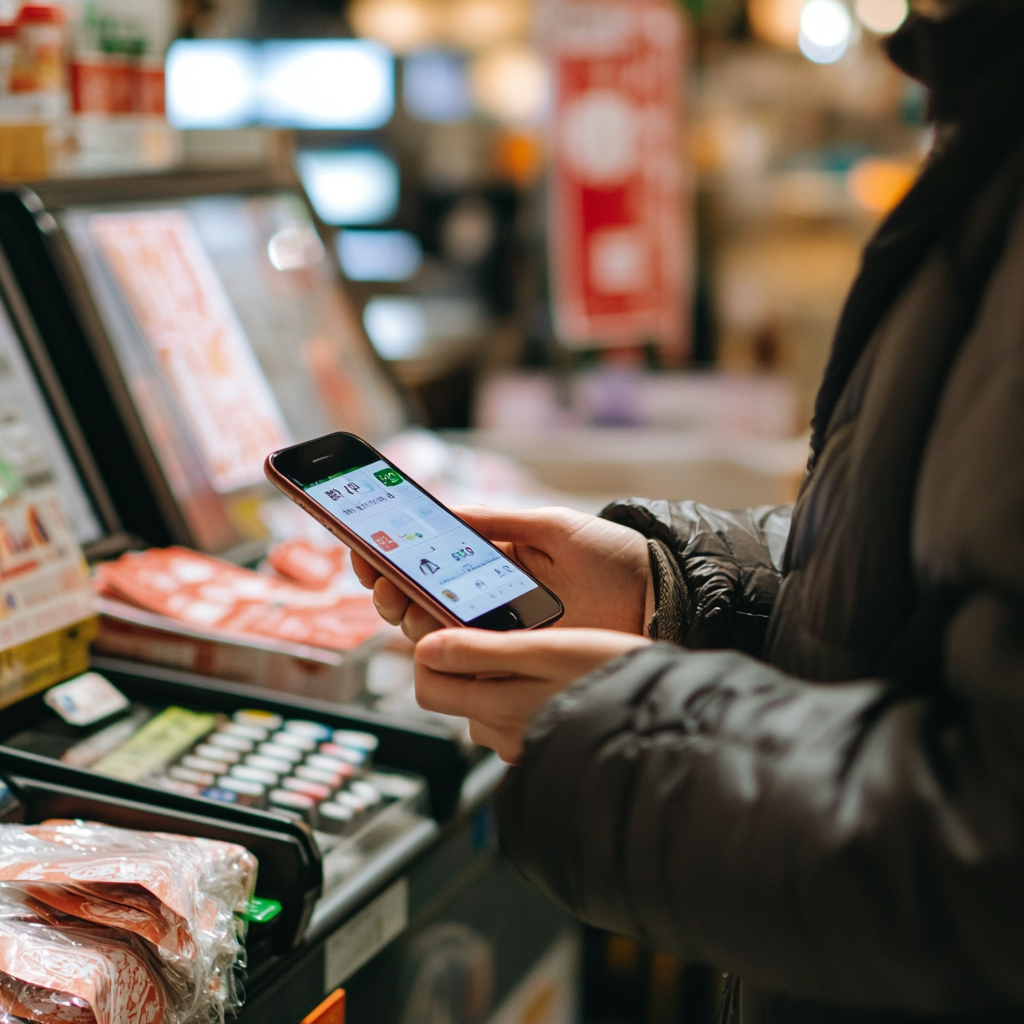Garage Sale Boom in South Korea: A Secondhand Revival
Garage sales are reshaping shopping habits across South Korea, blending thrift, community and sustainability. From Hongdae weekend markets to Seoul's traditional flea scenes and app-based listings, secondhand culture is growing among locals and expats. Discover where to shop, what to expect, and how online platforms and hybrid events are driving this eco-friendly retail shift.

Garage sales — once thought of as a Western yard-sale tradition — have been reimagined for South Korea’s dense urban landscape, and they’re gaining momentum. Both locals and expatriates are embracing secondhand shopping not only to save money but also to reduce waste and connect with neighborhoods. What started as occasional markets has evolved into regular events, app-driven exchanges, and hybrid experiences that reflect changing values in Korean retail.
Popular Garage Sale Locations and Events
A number of recurring markets and sale events have become staples in major South Korean cities. The Hongdae Free Market, popular on weekends, is now an artistic hub where young creatives and independent sellers display used clothing, vintage finds, and handmade goods. It combines a lively atmosphere with an opportunity to scout unique pieces.
For shoppers seeking a more traditional marketplace vibe, the Seoul Folk Flea Market remains a key destination. It offers a range of secondhand items with a classic flea-market feel: antiques, household goods, and practical items that appeal to bargain hunters and collectors alike. Outside Seoul, regional flea markets and community sales pop up regularly, often organized by local groups, schools, or expat communities.
What to Expect When Shopping at Korean Garage Sales
Most garage sales in South Korea feature an eclectic mix: secondhand clothing and accessories, kitchenware and household items, electronics, books, and occasional furniture. Prices are usually markedly lower than retail, commonly ranging from about 30% to 70% off new-item costs, making these events especially attractive for budget-conscious shoppers.
Haggling is possible but culturally nuanced. Bargaining tends to be friendlier and less confrontational than some Western styles; polite offers and small concessions work better than aggressive negotiating. Sellers often price items with some flexibility, particularly later in the day or near the end of an event. For electronics and higher-value goods, ask clear questions about condition and warranties when applicable.
The Impact on Retail and Sustainability
The rise of garage sales signals a notable shift in consumer attitudes. Younger generations in Korea are increasingly open to purchasing pre-owned items, driven by environmental concern, a desire for individuality, and economic considerations. This shift challenges the long-standing preference for new products and encourages a circular approach to consumption—extending the life of goods, reducing waste, and lowering the demand for newly produced items.
Retailers are taking notice. Some are experimenting with buy-back programs, curated resale sections, or partnerships with secondhand platforms to capture the eco-conscious market. At a community level, garage sales also strengthen social ties: neighbors trade items, storytell about possessions, and build networks around shared interests—turning commerce into community activity.
Digital Innovation in Secondhand Shopping
South Korea’s high internet penetration and mobile-first culture have accelerated digital forms of garage-sale commerce. A variety of apps and online marketplaces connect buyers and sellers, offering features like secure payments, rating systems, and item verification. Social media channels also serve as powerful promotional tools for physical events, helping organizers reach wider audiences quickly.
Hybrid events—where listings appear online before or after an in-person sale—are becoming more common. These models let sellers showcase items to a broader audience while still preserving the tactile, community-driven aspects of an in-person market. For expatriates, online platforms are especially useful: they allow listing in multiple languages, coordinate pickups, and reduce logistical friction.
| Platform Type | Features | User Base Estimation |
|---|---|---|
| Physical Garage Sales | In-person shopping, community interaction | 500,000+ monthly |
| Online Marketplaces | Digital listings, secure payments | 5+ million active users |
| Hybrid Events | Combined online/offline experience | 100,000+ monthly |
Prices, rates, or cost estimates mentioned in this article are based on the latest available information but may change over time. Independent research is advised before making financial decisions.
Practical Tips for Buyers and Sellers
Buyers should inspect items carefully, test electronics when possible, and ask about the item’s history. Bring cash for small vendors but also check whether the seller accepts mobile payments. Sellers can increase sales by presenting items neatly, providing accurate descriptions online, and posting high-quality photos for digital listings.
For first-time visitors, arriving earlier increases the chance to find the best items, while a late arrival can offer better bargaining positions as sellers aim to clear stock. Many events are family-friendly and include food stalls or live performances, making them enjoyable outings beyond the shopping angle.
Looking Ahead
Garage sales in South Korea are more than a passing trend; they reflect a broader change in how people value goods, community, and sustainability. As both physical markets and online platforms expand, secondhand shopping is likely to become an integrated part of Korea’s retail ecosystem. Whether you’re hunting for a vintage gem in Hongdae, browsing the Seoul Folk Flea Market, or scrolling marketplace apps, the growing secondhand scene offers affordable finds, environmental benefits, and a way to connect with local communities.
As the movement matures, expect more creative formats—curated pop-ups, subscription-based resale services, and retailer-led trade-in programs—that blend convenience with conscious consumption. For shoppers and sellers alike, the garage sale resurgence in South Korea is opening up fresh possibilities in how goods are circulated and valued.






